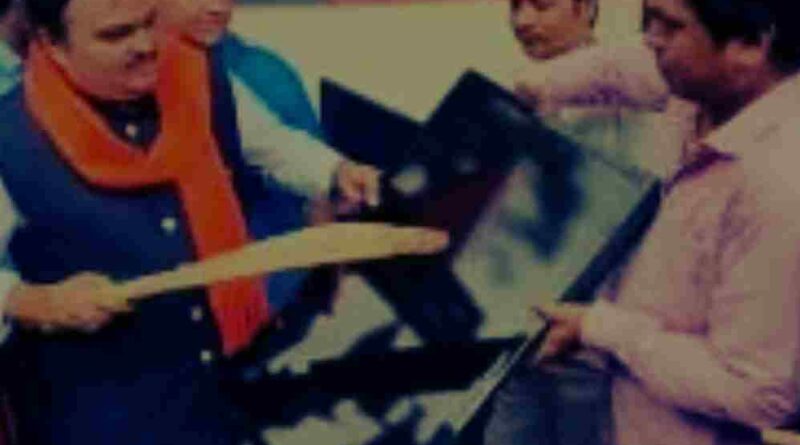Shiv Sena (UBT) Warns Mumbai Venues Against Screening India–Pakistan Asia Cup Match
Uddhav Thackeray’s Shiv Sena faction (UBT) has issued a strong warning to hotels, restaurants, and clubs across Mumbai, asking them not to screen the upcoming India–Pakistan Asia Cup match. The party has said that if any venue proceeds with public telecast of the clash, it will face direct protest action.
The warning comes just days ahead of the much-anticipated encounter, which is scheduled to take place in Dubai. India vs Pakistan matches are known to draw massive public interest, often turning restaurants, bars, and community spaces into mini-stadiums for fans. However, Shiv Sena (UBT) has made its opposition clear, stating that entertainment should not overshadow national sentiment.
Political Symbolism Behind the Warning
According to the party, organizing public screenings of the match is seen as an “insult” to the sacrifices of Indian soldiers who have lost their lives in cross-border hostilities and terror attacks. To underline their message, Shiv Sena leaders have also asked women supporters to send sindoor (vermilion) to Prime Minister Narendra Modi, linking the gesture to past military responses against Pakistan.
The party has historically taken a hardline stand against India–Pakistan sporting ties, arguing that normalizing such engagements weakens India’s political position. This latest warning is seen as part of that continuing stance.
A History of Protests Against Cricket With Pakistan
This is not the first time Shiv Sena has intervened in cricket involving Pakistan. In the early 1990s, the party had disrupted matches, including an infamous incident where activists dug up the pitch at Mumbai’s Wankhede Stadium to stop an ODI. Over the years, similar protests have been staged against Pakistan’s cricketing presence in India, reinforcing the party’s ideological opposition.
Possible Impact on Mumbai’s Hospitality Sector
The warning has put Mumbai’s hospitality sector in a tricky spot. India–Pakistan games usually guarantee high footfall, with fans eager to watch the match in a lively atmosphere. Many establishments rely on such events to boost business. But now, hoteliers and club owners may choose to avoid screening the match altogether, fearing backlash or confrontation.
Some industry voices have privately expressed concern, pointing out that banning screenings does not stop people from watching the game at home—it only hurts businesses that depend on such events. Others, however, say they will comply quietly, not wanting to risk damage to property or public clashes.
Balancing Passion and Politics
For millions of Indians, cricket is not just a sport but a matter of identity and pride. When the opponent is Pakistan, emotions intensify even further. Supporters of the ban argue that public celebrations of such matches send the wrong message, while critics believe politics should not interfere with people’s right to enjoy sports.
The situation raises broader questions: Can sports be separated from geopolitics in a country where the wounds of conflict are still fresh? Should businesses be held accountable for broadcasting what is, at its core, an international sporting event?
What Lies Ahead
As the Asia Cup match approaches, all eyes are on how Mumbai’s hotels and clubs will respond. Will they comply with Shiv Sena’s directive and cancel screenings, or will they proceed and risk protest? The answer will not only shape the immediate atmosphere around the game but also set a precedent for how sports, politics, and public life intersect in the city.
For now, one thing is certain—the India–Pakistan rivalry has once again transcended the cricket field and entered the realm of national politics, where every run and wicket is weighed against questions of patriotism and public sentiment.
Disclaimer
The information and content shared on digitalgithub.com — including articles, blogs, news, guides, and other resources — is intended for general informational and educational purposes only. We do not guarantee the completeness, reliability, or suitability of any information. Always seek the guidance of a qualified professional before making decisions based on the information you read. Use this site at your own risk.

